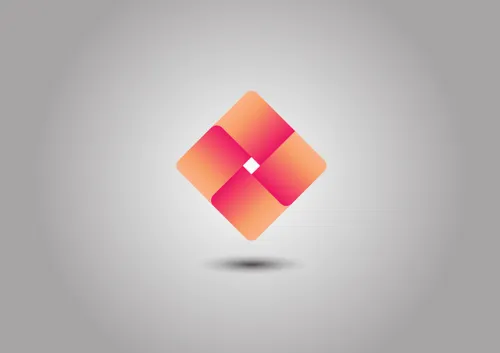Advocating, or at the very least supporting, the growth of generative AI in game creation, ex-Square Enix business head Jacob Navok contends that younger generations of gamers exhibit minimal apprehensions regarding the technology, believes that most players “are indifferent” overall, and emphasizes that he is acquainted with several studios utilizing generative AI right from the “concept stage.”
Navok deliberated on generative AI in gaming in a Twitter update contributing to the discussion about Arc Raiders, which is notoriously – perhaps infamously – packed with AI-generated voices. “I must mention that the in-game visuals and audio are just the beginning,” Navok asserts, “and numerous others are employing Claude for coding.”
The essence of Navok’s viewpoint is that, “Despite the anti-AI backlash we’re noticing in various publications, it seems that consumers generally show little interest.” This assertion is firmly rooted in Arc Raiders, which has achieved millions of sales during an explosive launch despite developer Embark Studios – which certainly possesses the means to hire real voice actors – prominently utilizing generative AI.
Generative AI has become a contentious topic among both developers and gamers. On the pro-AI front, just today the CEO of Helldivers 2 developer Arrowhead maintained “there’s a middle ground” on generative AI, backing Arc Raiders and asserting that the technology “truly enhances gaming.”
When we confronted Embark about its dependence on generative AI, co-founder Stefan Strandberg clarified, “we utilize a mix of recordings from authentic actors and [text-to-speech]” for audio, while simultaneously asserting that “there’s no ultimate aim to replace any performers.”
Dead Space creator and former Call of Duty leader Glen Schofield has also been promoting AI, labeling it the “appropriate investment” for gaming studios and encouraging others to “establish your own guidelines on how to approach it,” employing his own creations as fodder for prompts.
EA, predictably, has pledged to employ AI (amid claims of corresponding division within the company) but intends to do so with a “mindful, progressive approach”.
Take-Two CEO Strauss Zelnick is aligned with this view, and Valve mogul Gabe Newell may be one of the most ardent advocates for AI.
However, there remain numerous, many individuals – often those who don’t occupy executive positions or own yachts – resisting generative AI in its various manifestations. I follow roughly a plethora of game developers online, and daily my feeds are saturated with anti-AI expressions.
Less anecdotally,
large organizations representing prominent names in anime and gaming, from Studio Ghibli and Toei to Square Enix and Bandai Namco, have urged AI firms to refrain from unauthorized utilization of their intellectual property.
The concept of AI-generated games, in particular, incited a strong reaction from Palworld developer Pocketpair’s publishing director John Buckley, who remarked, “If you’ve played even a single game then you possess a basic [understanding] of game mechanics, so you recognize this utter nonsense.”
“I believe you’re inhaling pure copium if you suppose this is progressing in any meaningful way,” he remarked further.

